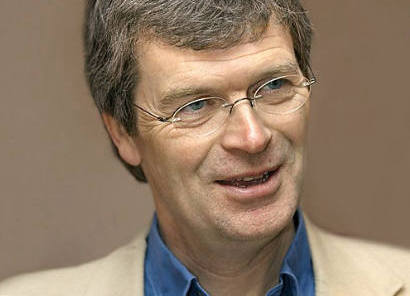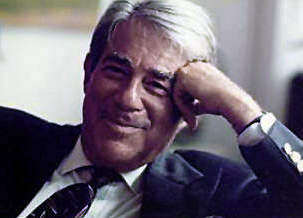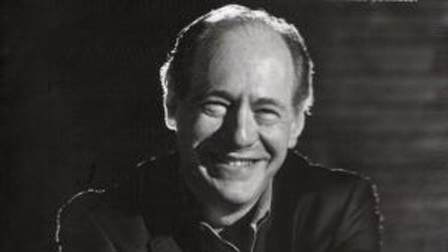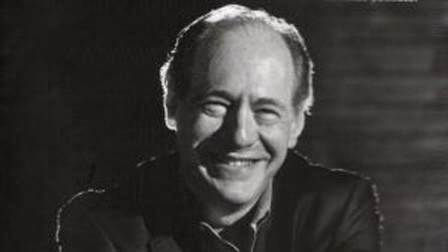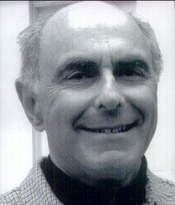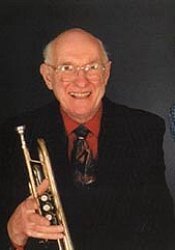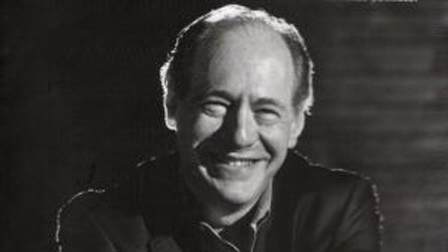Alyn Shipton, author of Hi-De-Ho: The Life of Cab Calloway
Clad in white tie and tails, dancing and scatting his way through the “Hi-de-ho” chorus of “Minnie the Moocher,” Cab Calloway exuded a sly charm and sophistication that endeared him to legions of fans.
In Hi-de-ho, author Alyn Shipton offers the first full-length biography of Cab Calloway, whose vocal theatrics and flamboyant stage presence made him one of the highest-earning African American bandleaders. Shipton sheds new light on Calloway’s life and career, explaining how he traversed racial and social boundaries to become one of the country’s most beloved entertainers.
...April 6th, 2011




